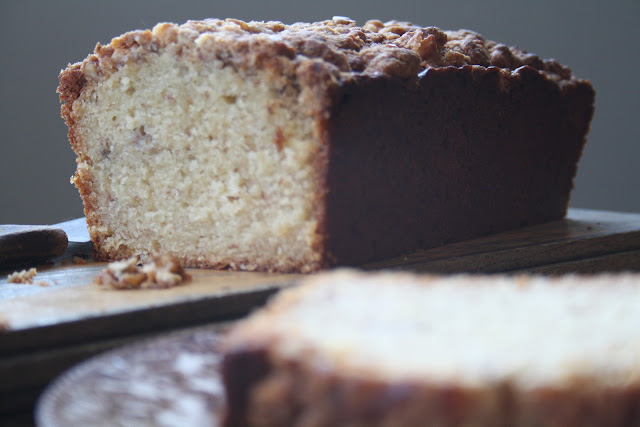photo by Darren Hickson at Shoot The Moon
I don't read my daily forecast, but I do consult an astrological oracle book, The Astrological Oracle by Lyn Birkbeck, that is a tome of wisdom and uplifts, advises, supports my growing world view, takes me deeper always pushing me to see the events of my life, the questions in my mind, from a bigger perspective: in the context of psychology, history, the ever changing.
It's funny how some people say they are vegetarian but eat fish. Like fish is not an animal but something else - a bit like being a Pisces actually. We are human, but we are something else! Considered the sum total of the human journey, Pisces long to dissolve self-ness into the one-ness that most will, or sense they will, experience at some stage. Like the brief flash of a silver tail sparking out from the ocean, this longing propels us to seek a kind of light, all be it fleeting. We usually act out this longing for wholeness through music, poetry, drugs and alcohol or, if lucky, through meditation and a natural zen-like harmony with the inherent nature of things.
I have tried them all.
There is an art to living that finds flourish in food. Pounding herbs with stone or stirring onions in oil, thinking about what you eat, understanding it's medicine, loving those you feed, buying food with care, touching it, sniffing, pressing the top of an avocado to check its yield, sifting flour from a great height and watching the dust settle in a perfect peak, growing, watering, washing dirt from a turnip, the scent of lime zest oil on your fingers, music in the kitchen, the abstract splash of spaghetti sauce on a baby's bib. This is the stuff that keeps us grounded, and yet expresses the highest aspects of ourselves.
Nothing says abundance, communion, and bounty like a whole fish.
Here's some rubs you may want to try, just get the fish monger to clean and gut your fish. Before cooking wash it with cold water, cleaning any blood that may be left in the cavity (this can make the fish taste bitter) and pat dry, then make 2 to 3 deep slashes across the body with the blade of your knife facing the head. Have your barbeque, or griddle pan on the gas, at a medium to hot heat level so that the skin chars nicely but doesn't burnt the minute you put the fish on. As a general rule, whole fish take 15 to 20 minutes per kilo to cook, starting on one side of the fish, then turning half-way through.
Oregano Pesto
(This paste is great tossed through pasta with some slow-roasted cherry tomatoes and Parmesan or smeared on bread with avocado and toasted pumpkin seeds - have a play)
A handful of fresh oregano leaves picked
Small bunch of parsley, washed and roughly chopped including stems
1 large or 2 small cloves of garlic peeled
1/2 cup extra virgin olive oil
Sea salt
Method:
Put the oregano leaves, parsley and garlic in a mortar, starting with half the amount if your mortar is small and adding more as the leaves reduce and pound together with a splash of the oil. Gradually add more of the oil as the mixture forms a paste, as fine or chunky as you wish. Season to taste. Rub into your fish, reserving some of the mix for pouring over when cooked. Serve with a nice salad.
Coriander, Chilli, Kaffir Lime and Ginger
(see photo)
Small bunch of coriander, washed and roughly chopped
1 red large red chilli, roughly chopped (keep the seeds in if you want it hot)
1 large kaffir lime leaf thinly sliced
1 lime, juice and zest (the little organic limes I buy have yellow skin)
Thumb sized piece of ginger, chopped
1/3 cup olive oil
Sea salt
Method:
Make the paste using the coriander, chilli, kaffir lime, lime juice and zest, ginger and oil, pounding with your pestle in a mortar until the flavours have infused. Season to taste. Reserve some the marinade to pour over fish when cooked. Cook as above and garnish with extra limes and zest, chopped chives and some more of the marinade. Steamed rice and a Thai-style coleslaw (julienne carrots, finely slice red cabbage, white cabbage another couple of kaffir lime leaves and red onion and dress with lime juice, rice vinegar, a little oil, a dash of fish sauce and honey) would make a feast of it.



















